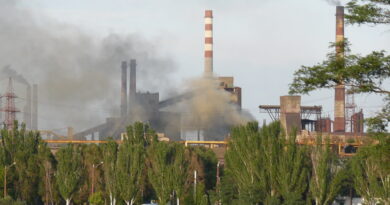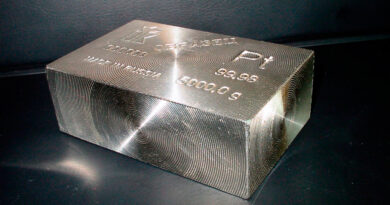Glencore on the pathway to net zero
Chief Executive Officer, Ivan Glasenberg, in its Glencore Preliminary Results 2020 says a clear emerging force, particularly over the last twelve to eighteen months, is the growing global momentum and increasing consensus around achieving the goals of the Paris agreement and targeting net zero global carbon emissions.
Europe and more than 110 countries have announced ambitions to achieve carbon neutrality by 2050, supported more recently by China’s plans to target net zero emissions by 2060. Glencore recognises its responsibility in contributing to the global effort to achieve the goals of the Paris Agreement through decarbonisation of its own operational emissions footprint.
However, Glencore believes its contribution should take a holistic approach and consider its commitments and ambition through the lens of our total emissions footprint. In line with the 1.5-degree Celsius (ºC) more ambitious scenarios set out by the IPCC, Glencore targets a 40% reduction of its total (Scope 1, 2 and 3) emissions by 2035 on 2019 levels.
Post 2035, our ambition is to achieve, with a supportive policy environment, net zero total emissions by 2050.Meeting everyday needs for affordable and reliable energy while decarbonising the economy is a key global challenge.
“Our industry will need to significantly increase the supply of various raw materials required to meet the projected acceleration in demand for such transition commodities in order to electrify and / or decarbonise existing fossil-fuel based energy demand,” says Glasenberg.
“Our modelling indicates that annual average mine supply growth in several key metals will need to double (in units of supply growth) over the coming decades under a Rapid Transition pathway scenario. The majority of our earnings comes from the metals and minerals that enable the transition to a low-carbon economy.
“We are one of the largest global producers of copper, nickel, zinc, vanadium and cobalt and will continue to prioritise investment into these commodities. In addition, our recycling centres and metallurgical assets play a fundamental role in the circular economy by reducing new metal consumption and waste generation.”




